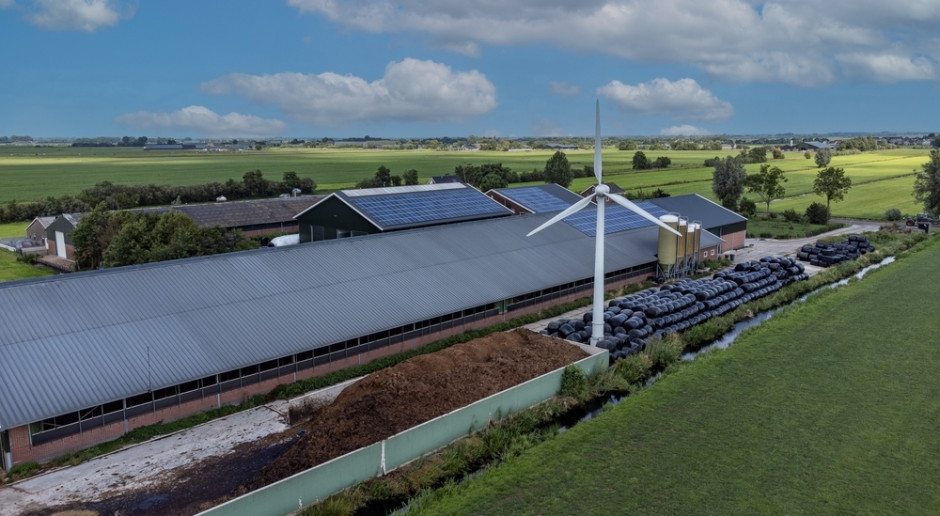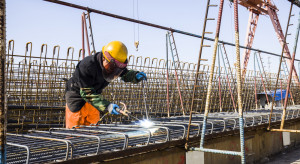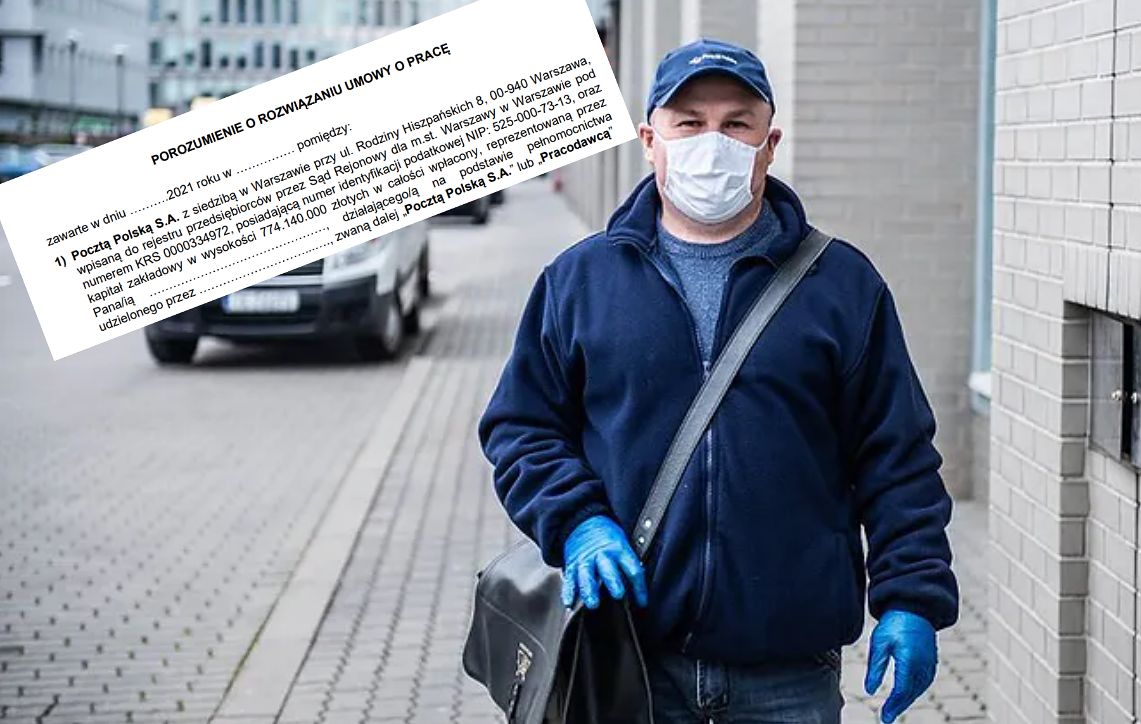This is the opinion of the organizations involved in the creation of the Polish Alliance for Biofuels and Protein Feed and the Federation of Agricultural Producers’ Sub-Associations. It is even stronger, because in their opinion: the project should be objectively described as extremely pro-fiscal and has an extremely negative impact on the tax burden on farmers and production enterprises, including the widely understood agri-food industry. In this formulation and assumptions adopted by the Ministry of Finance, according to GDPiPB, further work on it should be abandoned in favor of developing, through social and inter-industry dialogue, appropriate assumptions for a possible reform of the property tax, which will not have disastrous consequences for the finances of Polish companies and farmers.
- PKBiPB on changes in real estate tax: Facilities that were previously taxed as buildings according to the usable area will be structures subject to value tax, which will directly translate into a significant increase in the amount of real estate tax paid. This applies in particular to silos and elevators, which, according to the annex to the bill, where they are explicitly referred to, should be taxed as structures.
- PKBiPB About the project: All types of equipment used in the production process and which have not been subject to property tax until now will be considered as parts of buildings and therefore subject to tax on their value.
- We can be practically certain of the need to pass on new tax burdens to consumers, i.e. the project assumes price increases for all goods produced in Poland, including food, which was not indicated in the regulatory impact assessment.
The Polish Alliance for Biofuels and Protein Feed is a platform of industrial and agricultural organizations representing the national production chain of bio-based components and liquid biofuels, which was jointly created, among others, by: the National Chamber of Biofuels, the Polish Association of Oil Producers, the National Association of Rapeseed and Protein Crop Producers, the National Council of Agricultural Chambers, the Federation of Food Economy of the Republic of Poland, the National Council for Distillation and Biofuel Production, the Polish Agricultural Union, the Cooperative Association of Agricultural Producers “Polskie Rapeseed and Grain”, the Chamber of Grain and Feed, and the Association of Polish Distilleries. The organizations provided the Ministry of Finance with very detailed information about the draft law of June 14, 2024, submitted for public consultation, which amends the Agricultural Tax Code, the Local Taxes and Fees Code, the Forest Tax Code, and the Stamp Duty Code. In short, it is about the planned changes to the real estate tax, which are the result of citizens’ complaints and the ruling of the Constitutional Court from 2023. We wrote about this in the article below on the Farmer.pl website. In an official letter to the Minister of Finance, representatives of the Polish Alliance for Biofuels and Protein Feed (PKBiPB) and the Federation of Sub-Associations of Agricultural Producers (FBZPR) pointed out the shortcomings of this project. Details below.
Real estate tax under the microscope
The Polish Alliance for Biofuels and Protein Feeds and the Federation of Agricultural Producers’ Sub-Associations discuss their opinion very carefully on some points. Below is the exact position:
- The project assumes the reversal of the current order of qualification of objects, that is, it leads, although it is not stated precisely and directly, to the fact that, contrary to current practice, priority will be given to the qualification of a given object as a structure and not as a building. This means that buildings that were previously taxed as buildings according to the usable area, will be taxed according to their value, which will directly translate into a significant increase in the amount of real estate tax paid. This applies in particular to silos and elevators, which, according to the annex to the draft law, where they are expressly referred to, should be taxed as structures. The rationale for the project noted that under the current regulations, they could be taxed as buildings if they met the current definition of a building referred to in the Building Code, which would not be possible after the proposed regulations came into force. This constitutes an unjustified change in the approach to taxing facilities that meet the current, but in principle also proposed, definition of a building.
- The project returned to the concept of the so-called technical and operational full-fledged, which was rightly removed from the regulations in 2015 due to the huge number of disputes between taxpayers and tax authorities. At the same time, this solution, which was widely criticized by entrepreneurs, tax experts and tax authorities, but also administrative courts, will be returned, according to the assumptions of the Ministry of Finance, in a very controversial and problematic way. In essence, it boils down to the beneficial relationship between the facility and the facilities and devices as a sufficient justification for taxing these facilities and devices as part of the structure (until now they remained outside the scope of taxation). In practical terms, this would mean that all types of equipment used in the production process and not yet subject to property tax would be considered as parts of buildings and therefore taxable on their value. This could result in all appliances being taxed, including air conditioners, ventilation units, power generators, electrostatic precipitators, transformers, all types of tanks and even entire production lines/chains.
- In addition to the above, the project also envisages expanding the catalogue of structures to include objects that have not been generally taxed until now, but which have been repeatedly accepted by tax authorities and courts, such as containers and tent halls. These facilities are currently listed directly in the annex to the law, which constitutes the basic catalogue of buildings. Moreover, it will also be possible to expand the scope of taxable structures by changing the definition of permanent attachment to the land, according to which it is sufficient to ensure the stability of the structure, as well as changing the requirements for the construction of a building using building products to the construction of the structure using building products. This, in turn, will directly mean that the property tax will apply to all types of devices or cabinets that arrive ready-made from the manufacturer and are assembled only at the production plant, and not as part of the construction process at all. At the same time, the project lacks a definition of a construction product, which will therefore lead to clear disagreements as to whether this concept should be understood linguistically or, for example, refer to the Building Code and the Construction Products Code.
- Finally, the most problematic proposed solution, which arouses extremely negative feelings among industrial enterprises regarding the purpose, intentions and working method of the Ministry of Finance in the discussed area, is the possibility of taxing structures inside buildings within the framework of the project. Previous practice and case law in the vast majority of cases ruled out the possibility of considering various types of objects inside buildings, such as production lines, conveyors, tankers, tanks or technical networks, as structures. There is currently no regulation in Poland that authorizes tax authorities to collect property taxes on utilities inside buildings. This is directly reflected in the project in question.
Appeal to the Ministry of Finance to change the real estate tax project
– From the point of view of the above, the media statements of the Ministry of Finance about maintaining the status quo regarding real estate taxes, which was ironically noted in the project justifications, have nothing to do with the proposed content of the amended regulation. Moreover, the proposed solutions will lead to chaos in the settlement of real estate tax, significantly increasing the number of disputes in this area. Regardless, the volume of pro-fiscal work on the new regulations – in our opinion, huge given the value of technical and industrial facilities in almost every production region – is the most problematic element of the project, with a high probability of affecting not only the profitability of processing and agricultural activities in Poland and their competitiveness towards foreign suppliers and producers, but also the general assessment of the state’s friendliness towards new investments – reports the Polish Coalition for Biofuels and Protein Feed and the Federation of Sub-Associations of Agricultural Producers.
It is not the end of the road. In their opinion, we can also be practically certain of the need to transfer the new tax burden to consumers, i.e. the project assumes price increases for all goods produced in Poland, including food, which was not indicated in the regulatory impact assessment.
– We read this as either a lack of awareness of the Ministry of Finance in this regard, or worse, unfortunately, and more likely given the form of the draft regulation, a deliberate omission of this obvious result in order not to arouse further public interest in the project and to “simplify” the further course of the legislative process. – Inform the PKBiPB and FBZPR organizations.

Echo Richards embodies a personality that is a delightful contradiction: a humble musicaholic who never brags about her expansive knowledge of both classic and contemporary tunes. Infuriatingly modest, one would never know from a mere conversation how deeply entrenched she is in the world of music. This passion seamlessly translates into her problem-solving skills, with Echo often drawing inspiration from melodies and rhythms. A voracious reader, she dives deep into literature, using stories to influence her own hardcore writing. Her spirited advocacy for alcohol isn’t about mere indulgence, but about celebrating life’s poignant moments.







![The government has not yet transferred money from the OFE to the Poles. What are the results achieved by the funds by investing part of the pension premium? [22.05.2022] The government has not yet transferred money from the OFE to the Poles. What are the results achieved by the funds by investing part of the pension premium? [22.05.2022]](https://www.moviesonline.ca/wp-content/uploads/2022/05/The-government-has-not-yet-transferred-money-from-the-OFE.jpg)




